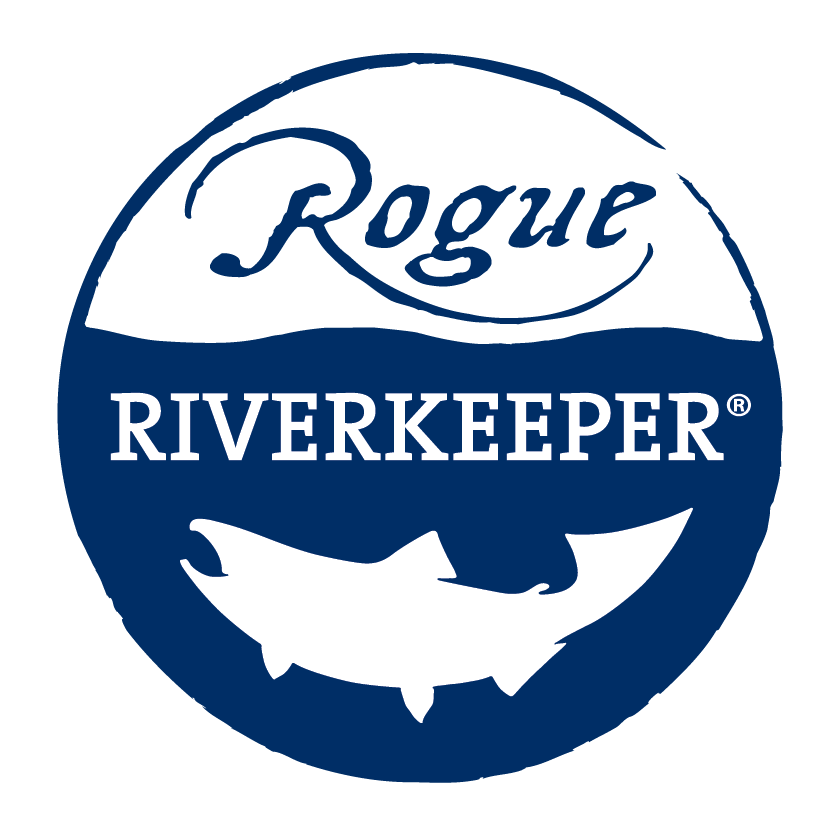Court of Appeals Upholds Oregon's Right to Protect Water Quality, Fish Habitat From Destructive River Mining
FOR IMMEDIATE RELEASE
September 12, 2018
Contacts:
Pete Frost, Western Environmental Law Center, 541-359-3238, frost@westernlaw.org
Stacey Detwiler, Rogue Riverkeeper, (541) 488-9831, stacey@rogueriverkeeper.org
Jonathan Evans, Center for Biological Diversity, (510) 844-7118, jevans@biologicaldiversity.org
Nick Cady, Cascadia Wildlands, (314) 482-3746, nick@cascwild.org
Court of Appeals Upholds Oregon's Right to Protect Water Quality, Fish Habitat From Destructive River Mining
PORTLAND, Ore.— Today, the Ninth Circuit Court of Appeals upheld an Oregon law restricting motorized gold mining in sensitive salmon streams. In 2017, Oregon passed the Suction Dredge Reform Bill (SB 3) to protect water quality and fish habitat across the state from damaging suction dredge mining.
A coalition of conservation and fisheries groups joined the case to help defend the Oregon law, including Rogue Riverkeeper, Pacific Coast Federation of Fisherman’s Associations, Institute for Fisheries Resources, Oregon Coast Alliance, Cascadia Wildlands, Native Fish Society, and the Center for Biological Diversity. The groups were represented by the Eugene-based Western Environmental Law Center and the Colorado-based Western Mining Action Project.
“The court correctly ruled that states can protect water quality and wild fish from harmful motorized mining,” said Pete Frost, attorney for Rogue Riverkeeper and other conservation groups. “This decision supports a growing effort in western states to protect clean water and wildlife for everyone.”
Suction dredge mining is a type of recreational gold mining that uses gas-powered, floating dredges to suck up the bottoms of rivers. This type of mining can trap and kill fish, smothers critical spawning gravel for salmon, and stir up legacy mercury and other toxic metals from historic mining operations.
“Democrats and Republicans in urban and rural Oregon worked to pass Senate Bill 3 to protect Oregon’s rivers and fisheries,” said Stacey Detwiler of Rogue Riverkeeper. “Today’s decision honors the legacy of Senator Alan Bates from southern Oregon who championed the rights of all Oregonians to clean, healthy waterways where iconic salmon and lamprey are protected from harmful mining practices.”
SB 3 protects Oregon’s rivers and the communities that rely on them by prohibiting suction dredge mining in designated essential salmonid habitat. Outside these areas, suction dredge mining can occur under permit.
“This is a major step in the battle to protect the health of our families, waterways and wildlife from this dirty, outdated form of mining that pollutes our waterways with sediment and toxic mercury and destroys irreplaceable cultural resources,” said Jonathan Evans, environmental health legal director at the Center for Biological Diversity.
Peer-reviewed science shows that suction dredging can stir up toxic mercury buried in streambeds, as well as reduce salmon spawning success due to alterations in habitat. Additionally, in hot spots — such as the Umpqua and Rogue rivers — the number of dredges has created conflicts with anglers and other recreationists.
"This victory comes as a huge relief," said Nick Cady with Cascadia Wildlands. "It would have been ridiculous to let gold mining in salmon spawning habitat proceed unregulated after all we have invested as a state in salmon recovery."
The Suction Dredge Reform bill works to protect clean and healthy rivers that support Oregon’s recreation and commercial fishing industries. In 2008 the Oregon Department of Fish and Wildlife found that people spent $2.5 billion on fish and wildlife recreation in the state.
###
